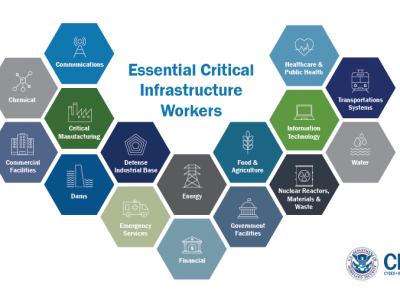Forest fires: social aspects
Understanding how the changes in social and economic characteristics of the population can create conditions of increased fire across the various regions and countries, is a prerequisite to reduce the level of exposure of local communities through better landscape planning.
Potential Solutions
Vegetation characteristics and types are major components in determining fire-hazard in a given area. LULC types may vary across areas as they usually reflect the social and economic structures of local communities. Significant changes in LULC occurred in Euro-Med countries during the second half of the last century, notably abandonment of agricultural areas, resultingin an increase of landscape fire-hazard.
Understanding how the changes in social and economic characteristics of the population can create conditions of increased fire across the various regions and countries, is a prerequisite to reduce the level of exposure of local communities through better landscape planning. Moreover, understanding people’s perceptions and values, and how they vary across social strata, is also important to implement fire policies and fire management activities tailored to local contexts.
Rationale & related CM function(s)
 |
Portfolio of Solutions web site has been initially developed in the scope of DRIVER+ project. Today, the service is managed by AIT Austrian Institute of Technology GmbH., for the benefit of the European Management. PoS is endorsed and supported by the Disaster Competence Network Austria (DCNA) as well as by the STAMINA and TeamAware H2020 projects. |
